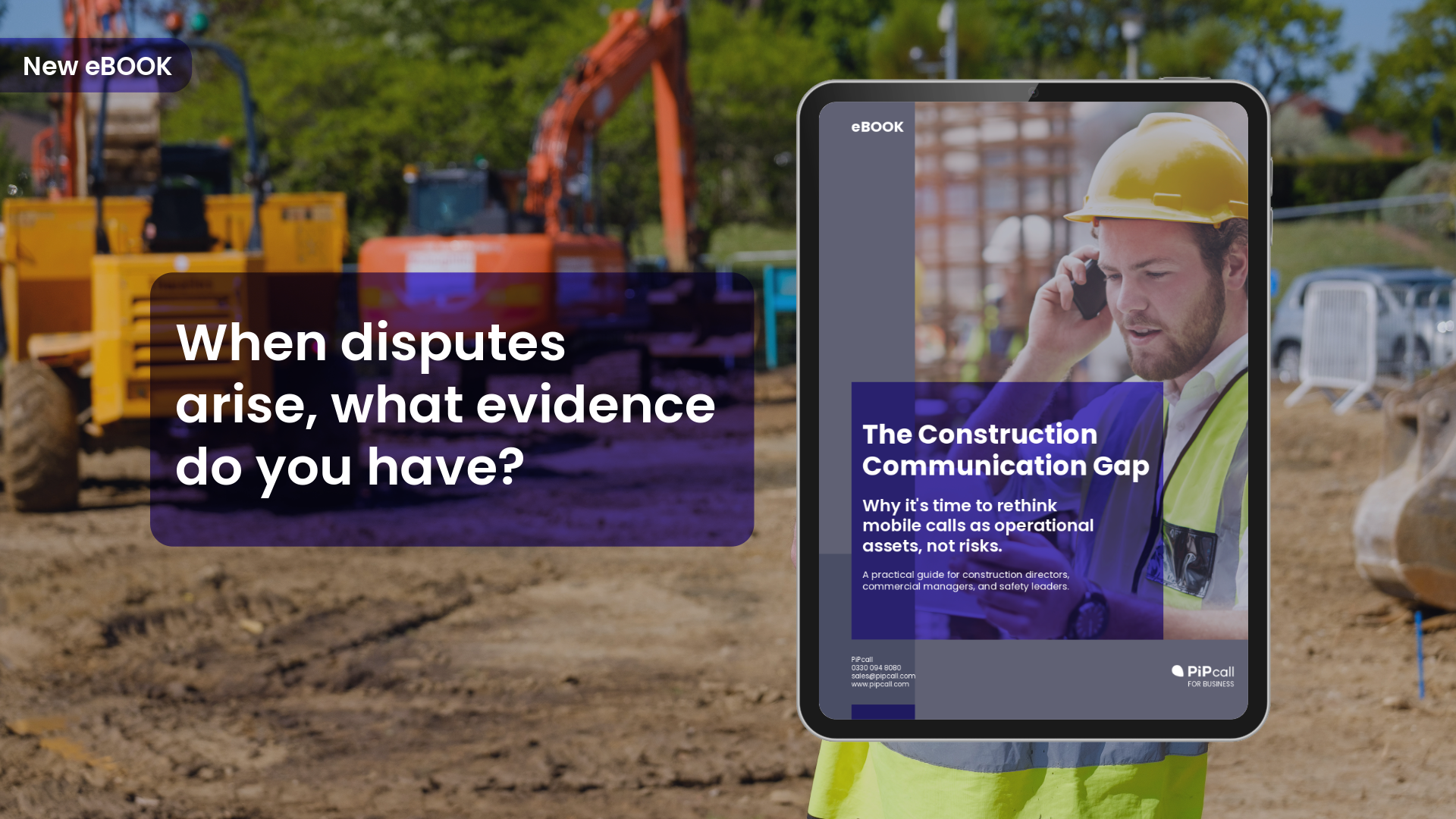The rail industry has faced two deeply troubling incidents in recent days – the attack on an LNER service near Huntingdon and the derailment of an Avanti West Coast train in Cumbria. Both have shaken public confidence and served as stark reminders of how vital safety and preparedness remain to the #railindustry.
At the Railway Industry Association’s annual conference, delegates gathered against this sobering backdrop. In her address, Transport Secretary Heidi Alexander reinforced what we all know: that safety must always be at the heart of government policy and industry practice.
While much of the conversation in rail safety focuses on infrastructure, it’s often communication that determines how effectively we respond when things go wrong. In the confusion that descends after a major incident, rapid information-sharing, informed decision-making and accurate records are what turn confusion into clarity.
That’s why robust call recording isn’t just a tool for compliance – it’s an enabler of safety. When every operational call is securely logged and time-stamped, investigators and response teams can reconstruct events precisely, learn quickly, and act with confidence. Network Rail clearly understands this, with new call recording regulations for certain operatives taking effect in spring 2026.
As Great British Railways takes shape and the industry continues to focus on safety, we have an opportunity to make communication as resilient as the infrastructure it supports.
With new call recording regulations coming into force next year, now is the time for rail organisations to review how communication aligns with wider safety goals. If you’d like to learn more about the regulation and how PiPcall can help make your operations safer and more resilient, please do get in touch.


.png)


